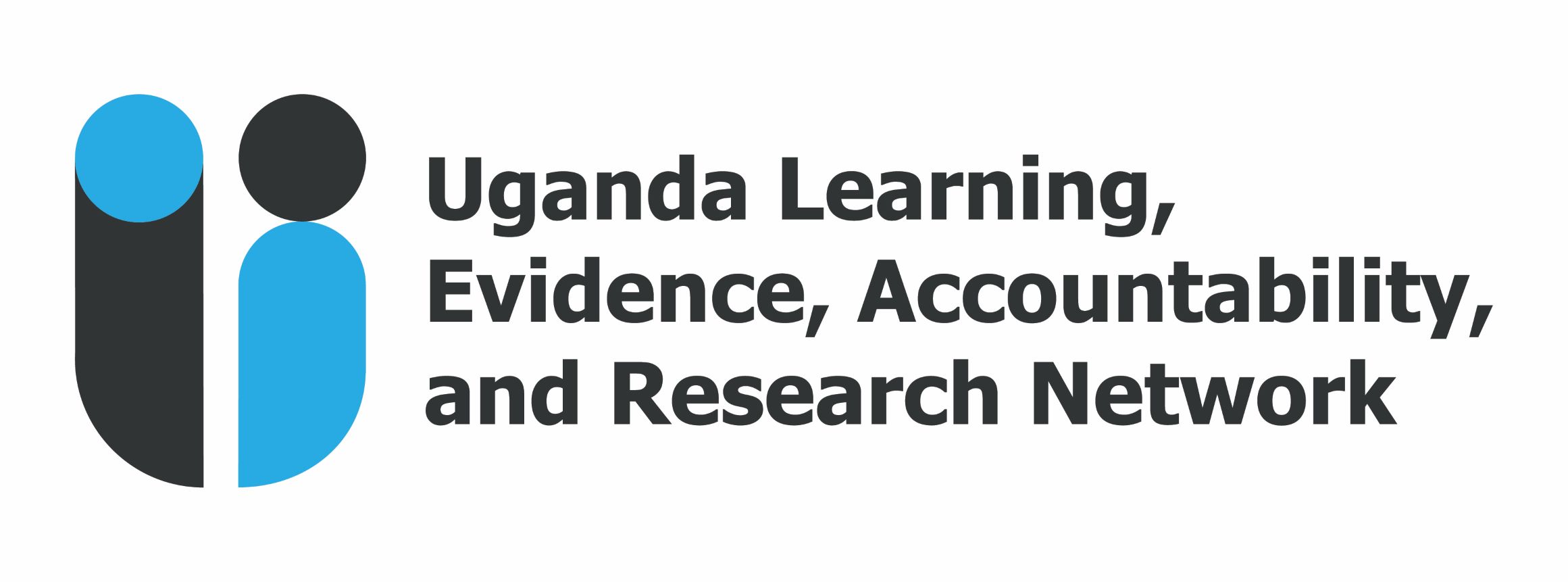Now open for Applications
AAP in Action Program
The U-Learn consortium is pleased to announce Cohort #6 & 7 of “AAP in Action” technical support program for the Uganda refugee response actors to apply.
What is Accountability to Affected Populations (AAP)?
ACCOUNTABILITY TO AFFECTED PERSONS (AAP) REPRESENTS ALL EFFORTS UNDERTAKEN TO ENSURE THAT THE VIEWS OF ‘THE PERSONS WE SERVE” BOTH REFUGEES AND HOST COMMUNITIES ARE TAKEN ON BOARD BY PARTNERS TO INFORM PROGRAMMING AT ALL STAGES OF THE PROGRAM MANAGEMENT CYCLES.
AAP is a commitment to the intentional and systematic inclusion of the expressed needs, concerns, capacities, and views of the “persons we serve” in their diversity and being answerable for the organizational decisions and staff conducts throughout the program management cycle. It is anchored on the premise that the persons we serve are rights holders and hence the center of all decisions in our programming.
AAP facilitates programming across the humanitarian-development nexus by increasing the influence that “the persons we serve” have over decision making, thus empowering communities to shape and realize their long-term development. AAP overlaps with related concepts like “communication with communities,” “risk communications,” “client responsiveness,” and “community engagement.” AAP is sometimes confused with ‘accountability’ more broadly, but it is a separate concept.
AAP facilitates a change in mindset from seeing the persons we serve as “beneficiaries” to viewing them as partners and key stakeholders.



